





October 17, 2024





















October 17, 2024














power









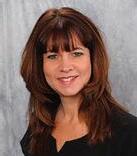
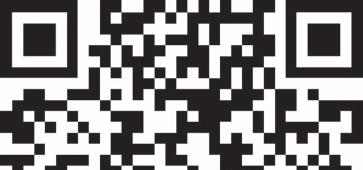
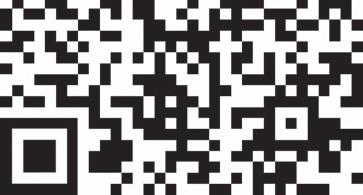

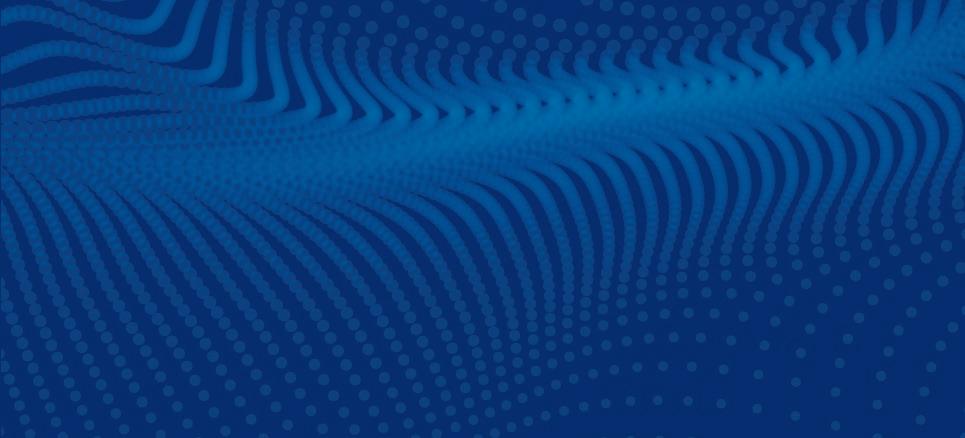
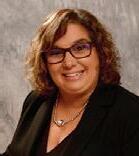




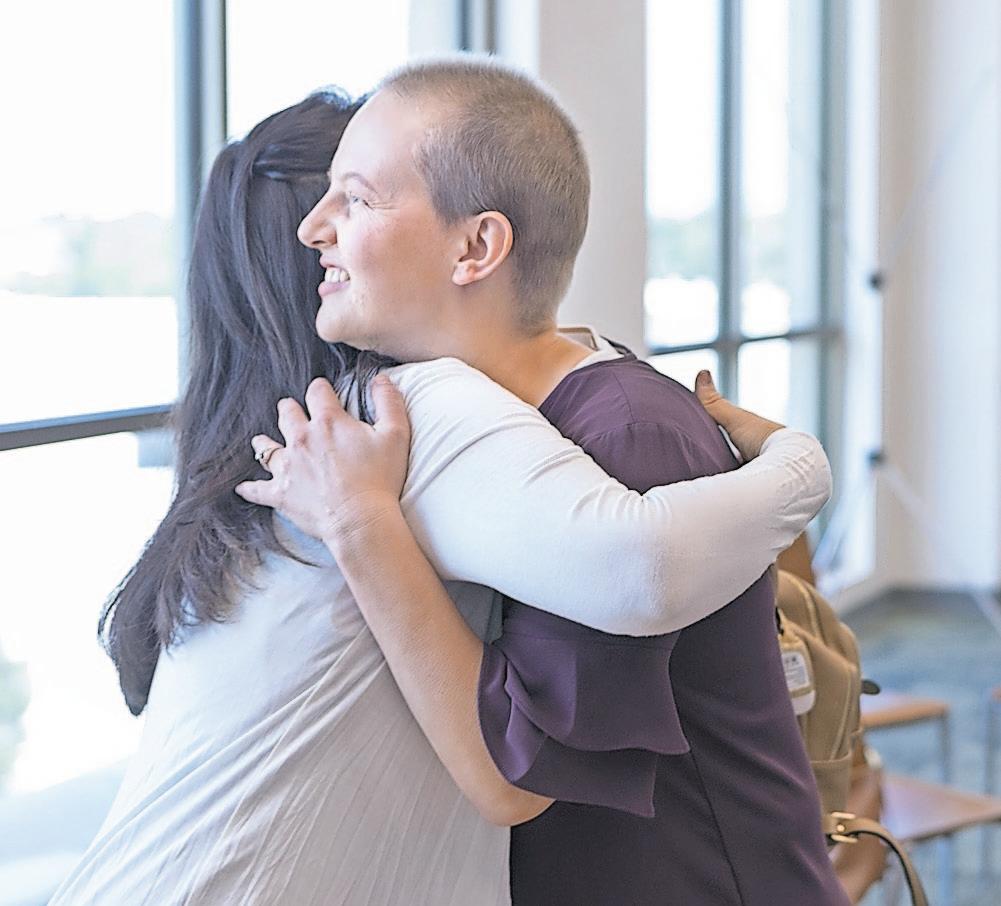
Being diagnosed with cancer is like having the rug pulled abruptly from under your feet. Your world is suddenly turned upside down. You find yourself on a path you never expected to travel, with no idea of where it will take you. At every step along the way, you face new challenges.
Here some suggestions culled from those who have been there on the path forward.
Don’t try to do it alone
Allow yourself to accept support. It’s not easy. As women, we’re used to doing it all. But this is your time to take care of you.
Say yes to offers of practical help with dayto-day things like cooking, shopping, etc. Your family and friends will appreciate this. They feel powerless and want to help. Clearly communicate your needs to anyone who offers support. Let them know what is and isn’t helpful.
The emotional roller-coaster is as draining as the physical journey. There are no right or wrong emotions. Find ways to express your feelings share with others, attend a support group, talk to a counselor, keep a journal. Holding emotions in makes them larger than life.
Gather a medical team that gives you comfort as well as the confidence that your health needs are being addressed the way you think they should.
Make the most of your doctor visits. Prepare a list of questions. Bring someone along as a second set of ears and for moral support. Tell your doctor as much as you can about your life so you can discuss treatment options in the context of your daily reality.
Never hesitate to express your questions and vulnerability to your medical team. This is new for you and very scary. Let your team know what you’re feeling, what your fears are. They need to know so they can treat the whole “you,” but they won’t know unless you tell them.
Take control of information overload Put a pad of paper on your nightstand. When you wake up during the night, your head filled with “what if’s,” write them down and make a note of who you’ll call the next day to get your answer. It will help you control the tornado spinning in your head.
The internet can be a wonderful tool, but remember to proceed with caution. Always stick to reliable sources. More important, remember every person’s cancer is different. Online research can lead to statistics and prognostic information that is not relevant to your specific situation.
Find other ways to occupy your mind. Word puzzles, knitting, computer games, a good book anything to distract you and give you a breather from thinking too much.
Be good to yourself
Instead of focusing on what you have ahead, look at what you’ve accomplished. Give yourself credit and see your own strength. Live in the moment as often as you can. Worrying about the future won’t resolve unknown issues down the road. It only robs you of today.
Try to take a break from cancer when you can. Engage in things that add joy to your day, activities that help you relax and have fun. This will feed your soul and remind you that you’re much more than your cancer.
Give yourself permission to move “you” to the top of the list. Leave the guilt behind. A cancer diagnosis impacts you mentally, physically and emotionally. You are exhausted on many levels. Allow yourself time to process and heal so you can recover.
By Lyn Dobrin
The Adelphi NY Statewide Breast Cancer Hotline & Support Program has been a vital resource for Long Islanders — and all New Yorkers — coping with breast cancer for decades.
Since its start in 1980, the more than 100 highly trained volunteers offer comfort, guidance and referrals, all free. Social work staff provides professional services.
Before the pandemic, throughout the pandemic and since, Adelphi’s dedicated volunteers and staff have been and continue to be devoted to meeting the challenges and needs of patients and survivors. In addition to the hotline, locally the program offers support groups, individual and family counseling, plus educational forums and workshops. Hotline staffers are readily available to respond to everyone who has concerns about breast cancer.
Many survivors are longtime hotline volunters. They contribute their personal insights in their ongoing effort to help others; sharing their message that it is possible to get through this — and even thrive — as you find your own way on this unanticipated journey. These survivors have turned their encounter with the disease into an opportunity to better themselves and those around them. Their mantra: it’s possible to move on — and even thrive — as you find your own way on this unanticipated journey.
As the per the hotline’s motto,“You are not alone.”
Call the hotline at (800) 877-8077 to speak to someone who has had breast cancer. There’s no reason to ever go through this alone.
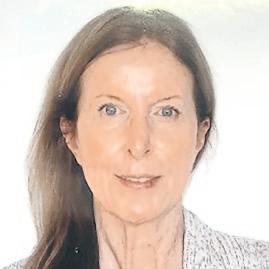

Since receiving my breast cancer diagnosis in 2005, I never take my health for granted. I stay up-to-date on doctor appointments, testing, diet, exercise, etc. If there is a health concern (and I have had a few in the past 19 years), I face it head on with the support of health professionals, ask plenty of questions and follow up with medical directives. I am grateful for every healthy day.
I try not to sweat the small stuff, seize the day, be kind to myself and enjoy the present.
I’ve become a volunteer on the Adelphi Breast Cancer Hotline. Volunteering offers a way to support others who are experiencing the fear and shock of a cancer diagnosis. The hotline serves as a resource for women (and men) who have received a breast cancer diagnosis. We volunteers provide an empathetic ear as well as offering callers referral to and information about the many services offered by our organization including social workers, support groups and peer to peer counseling.


I believe that my diagnosis made me look at my life differently. One day I was healthy, and the next I had Stage 3 cancer, not sure how long I would live. So I no longer assume that I’ll continue forever, which makes me value my time more than ever. I don’t take life or health for granted. This makes me want to cram a lot into whatever time I have left. At age 74, I started taking ballet lessons. Now, several years later, I’m taking classes at Stony Brook University.
I’ve learned several things over the years. One is to do my homework. I don’t just listen blindly to what one doctor tells me. If i need a second, or even a third, opinion, I’m not afraid to get it. I know that I don’t have a medical degree, but I do believe in learning as much as I can about any health issues I’m facing. I’m also much more careful about getting all my checkups on the right schedule.
When I was diagnosed, I had skipped getting mammograms for more than two years, during which time I was using an estrogen patch. I thought my job was SO important that I couldn’t take time off from work to get checked. I don’t behave like that anymore.
I believe that if I had gone for my breast exam sooner, my cancer might have been caught at an earlier stage and might not have needed all the treatment I required. I’ve also learned not to wallow in the “poor me’s” — there’s an awful lot us who are facing this disease. So I can’t just sit and feel sorry for myself. I need to do what I can to help other women who are facing this challenge.
One more thing: support groups help so much! I contacted the Adelphi Breast Cancer Program and joined a group for newly-diagnosed women. There is nothing quite like being able to share with others who are going through the same thing at the same time. We understand each other so much more than is possible from well-meaning friends and family. We shared tears and laughter, and gave each other so much support.
When I got back on my feet, I volunteered with the American Cancer Society. At the time, they had a program to help women who couldn’t afford wigs. Having worn one myself, I was able to get much satisfaction from helping to fit newly-bald women with wigs which made them feel better about themselves. I saw that it helped to put women at ease who had just lost their hair to be taken care of by a woman who had already been through that experience.
After that, I decided to become a volunteer at the Adelphi Breast Cancer Program, remembering how much it had helped me. I trained to become a hotline volunteer, and found that it was very meaningful to be able
to speak to women who had questions about their disease. Sometimes a person would call with a question that could be answered right away. Sometimes a woman would want several follow-up calls.
Many were interested in learning about support groups or about meeting with one of the social workers on staff. I also joined NBCC, National Breast Cancer Coalition, which helps to educated and train volunteers to become activists in the breast cancer world. I was even privileged to sit on a panel with other volunteers, as well as with doctors and scientists, to evaluate proposals for new treatment modalities.
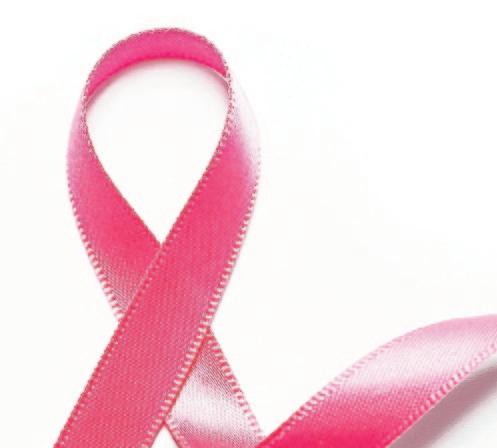
By the numbers
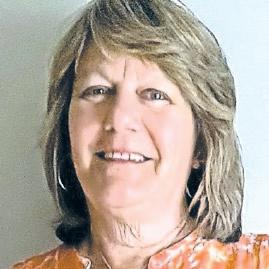

When a person receives a diagnosis of breast cancer, it becomes a defining moment in their life. My moment came in October 2007 when I was first diagnosed. At the time, I was devastated. I didn’t realize then that’s such bad news could lead to something so positive.
Not long after finding out that I had cancer, I called the Adelphi Breast Cancer Hotline. As a matter of fact, I used this resource several times along the way. Each time, a volunteer answered my questions and listened to all my concerns about my diagnosis, my doctors’ appointments, and all the tough decisions that I had to make during this difficult time. But most of all, they were there to just listen. I was able to face my surgeries and my chemo treatments with the confidence that there was a light at the end of the tunnel.
Two years after my diagnosis, I received a call from a supervisor at the Adelphi program. She asked me if I was interested in entering a professional training program to become a hotline volunteer. I have been involved in this rewarding work for over 12 years now. Sometimes a person will call in need of help. At the end of the call, I can hear them breathe a sigh of relief. I realize that, just for a short while, I have made a difference in someone’s day.
We live in a time where the internet has become a go-to resource. But being able to connect with a person who knows what you are going through cannot only be informative, but very healing as well.
I am so happy to be part of a program that can direct women to teaching hospitals, low-cost mammograms and also help them to navigate the road to getting a second opinion. Very often, these conversations can help to provide the confidence a person may need to advocate for themselves. I’m happy to be there for them in the way that someone was there for me years ago — a voice on the other end of the phone, letting them know that they are not alone.
Breast cancer is the most common cancer diagnosed in women (excluding skin cancer) and second only to lung cancer as a cause of cancer death in women. About 1 in 8 women, or approximately 13 percent of the female population in the U.S., will be diagnosed with breast cancer in her lifetime and 1 in 833 men.
In 2024, an estimated 310,720 women and 2,800 men will be diagnosed with invasive breast cancer. Chances are, you know at least one person who has been personally affected by breast cancer.
But there is hope. When caught in its earliest, localized stages, the five-year relative survival rate is 99 percent. Advances in early detection and treatment methods have significantly increased breast cancer survival rates in recent years.
• Breast cancer is the most common cancer in American women, except for skin cancers. It is estimated that in 2024, approximately 30% of all new female cancer diagnoses will be breast cancer.
• On average, every two minutes a woman is diagnosed with breast cancer in the United States.
• Approximately 66 percent of breast cancer cases are diagnosed at a localized stage, before cancer has spread outside of the breast, when it is easiest to treat.
• The five-year relative survival rate for cancer diagnosed at the localized stage is 99 percent.
• Approximately 15 percent of women diagnosed have a family history of breast cancer. Those with a first-degree relative (mother, sister, daughter) with breast cancer are nearly twice as likely to develop breast cancer themselves.
• Breast cancer death rates have dropped by 41 percent since 1989, as a result of earlier detection through increased awareness and mammography screening, as well as advances in treatments. Despite this drop, Black women are 40 percent more likely to die of breast cancer than white women overall and are twice as likely to die if they are younger than age 50.
• There are more than four million breast cancer survivors in the U.S. today, including those who have completed treatment and those still undergoing treatment. More than 150,000 of these survivors are living with metastatic breast cancer..
• Evidence is growing that regular physical activity reduces breast cancer risk, especially in women after menopause. Exactly how physical activity might reduce breast cancer risk isn’t clear, but it may be due to its effects on body weight, inflammation, hormones, and energy balance.
Courtesy
It was Halloween 2021 — in the midst of the COVID-19 pandemic—when doctors instructed Tamar Lemoine, then 66, of Valley Stream, to undergo a biopsy after a mammogram detected a suspicious mass in her right breast. She didn’t follow up on the advice.
The primary caregiver for her mother, who was sick with diabetes and legally blind, Ms. Lemoine did not want to risk catching the virus and infecting her. She also figured her test results would probably be benign, as they were in 2019 when she underwent a biopsy of her right breast.
A year later, in October 2022, Ms. Lemoine felt a large lump in her right breast. This time she didn’t put off the biopsy after a mammogram detected an even larger suspicious mass. The biopsy result: positive for cancer. Doctors immediately referred Ms. Lemoine to Christine Hodyl, DO, Director of Breast Health Services at Mount Sinai South Nassau in Oceanside.
Ms. Lemoine was diagnosed with late-stage breast cancer, requiring a comprehensive treatment plan that started with chemotherapy every three weeks for three months, followed by breast-conserving lumpectomy surgery along with the removal of several lymph nodes, which was performed in May 2023 by Dr. Hodyl in collaboration with a plastic surgeon, Anke Ott Young, MD. The final stage of the plan: a month of radiation therapy.
Now cancer-free and 68, Ms. Lemoine advises women to “have your annual mammogram and don’t put it off. Do everything your doctor tells you to do.”
Nearly 2,400 women on Long Island and nearly 300,000 women in the United States are diagnosed with breast cancer each year. Dr. Hodyl knows that detecting cancer in its earliest stage saves lives.
Mount Sinai South Nassau’s Breast Health works together with Mount Sinai South Nassau Center for Women’s Imaging to provide a full spectrum of clinical and support services for breast cancer patients.
Designated a Breast Imaging Center of Excellence by the American College of Radiology, the Center for Women’s Imaging uses state-of-the-art diagnostic technologies, including digital mammography, highresolution ultrasound, and breast MRI, to detect breast disease in its earliest stage. Genetic counseling is also available.
Mount Sinai South Nassau’s Breast Health Program is accredited by the National Accreditation Program for Breast Centers. Dr. Hodyl and the program’s team of surgeons use advanced techniques that aim to
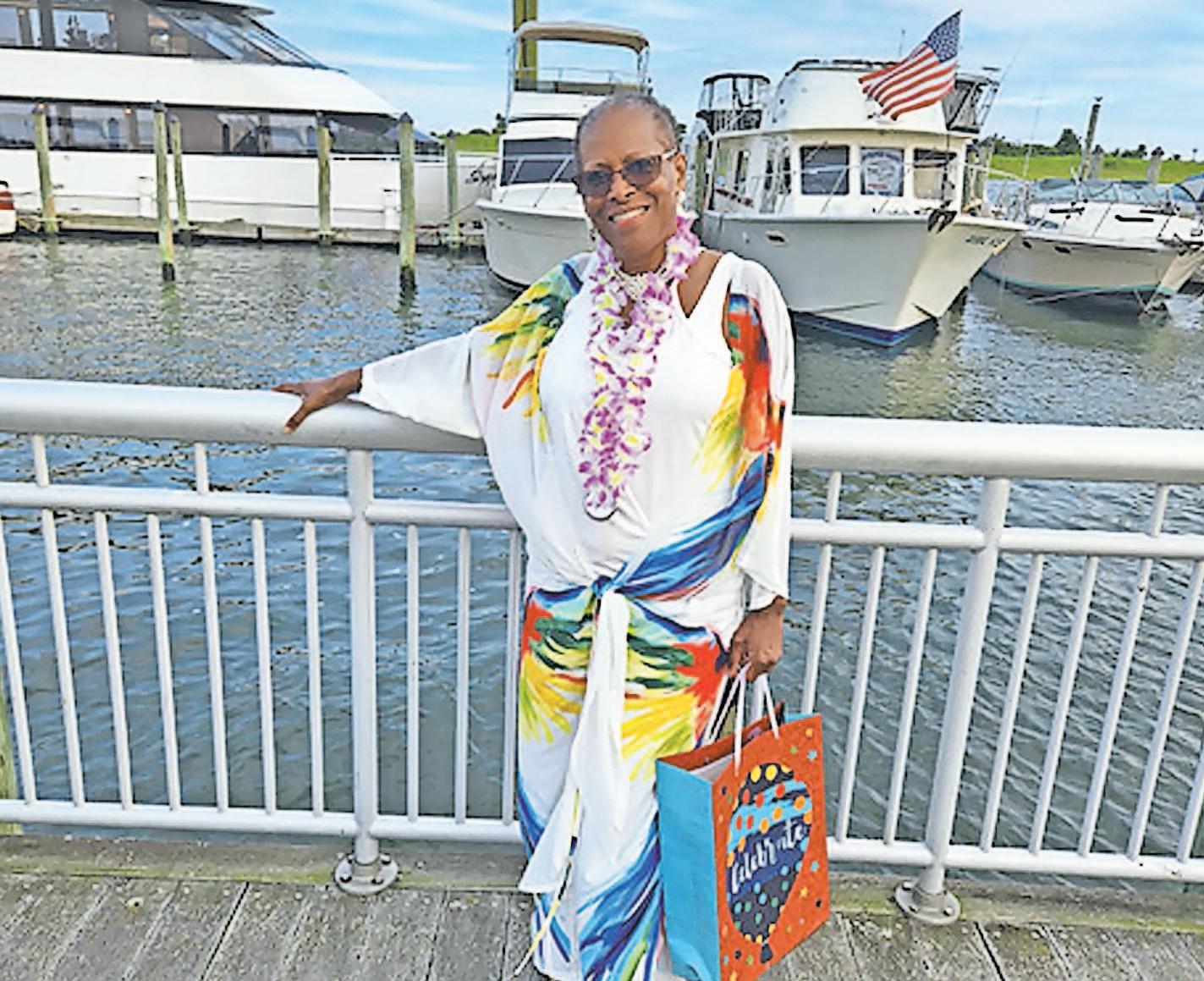
preserve as much of the healthy breast and surrounding tissue as possible. If mastectomy—an operation in which the breast is removed—is needed, there are many options for breast reconstruction, including immediate prepectoral reconstruction with mastectomy as a one-step surgery, nipple-sparing mastectomy, and DIEP flap autologous breast reconstruction.
Immediate prepectoral reconstruction involves placing the implant directly under the skin on top of the chest muscle, without the need to cut or lift the muscles. In addition to significantly reducing animation deformity (excessive movement or distortion of the breast implant during movements that contract the chest muscles), this approach is less invasive and reduces bleeding, pain, muscle trauma, and recovery time after surgery. Fat grafting can be performed later if needed to soften or enhance the cosmetic results.
If oncologically safe and appropriate for the patient, nipple-sparing mastectomy involves the
removal of breast tissue, but leaves the nipple, areola, and breast skin intact. The main objective of the contemporary nipple-sparing mastectomy is to preserve the nipple-areolar complex and skin covering with its blood supply while removing all breast tissue affected by or at risk of cancer.
The DIEP flap autologous breast reconstruction method (taking excess tissue from an area of the body and moving it to the chest wall to form a new breast mound) is known for its long-term results, natural appearance and feel, and the best opportunity for sensory restoration.
To schedule a consultation or for more information about Mount Sinai South Nassau Breast Health, call 516-632-3350 or visit mountsinai.org/southnassau.
With a goal of enrolling over 100,000 Black women, the groundbreaking VOICES of Black Women study will focus on lived experiences to improve health outcomes for the next generation. Now launched in New York state, American Cancer Society’s VOICES is the largest behavioral and environmental focused population study of cancer risk and outcomes in Black women in the U.S.
Designed to better understand the multilevel drivers of cancer incidence, mortality and resilience within this demographic, the longterm study will gather valuable data from Black women between the ages of 25 and 55 from diverse backgrounds and income levels who have not been diagnosed with cancer.
The organization aims to enroll over 100,000 Black women across 20 states, including New York and D.C. where, according to the U.S. Census, more than 90 percent of Black women in the U.S. reside.
Despite significant strides in cancer research, Black women continue to have the highest death rate and the shortest survival of any racial or ethnic group in the U.S. for most cancers. The most recent Cancer Facts and Figures for Black People show that 112,090 Black women are expected to be newly diagnosed and 37,250 Black women are expected to die of cancer.
Black women have a lower rate of cancer but are more likely to die from it. Black women are diagnosed with a higher rate of TripleNegative breast cancer; the death rate in the
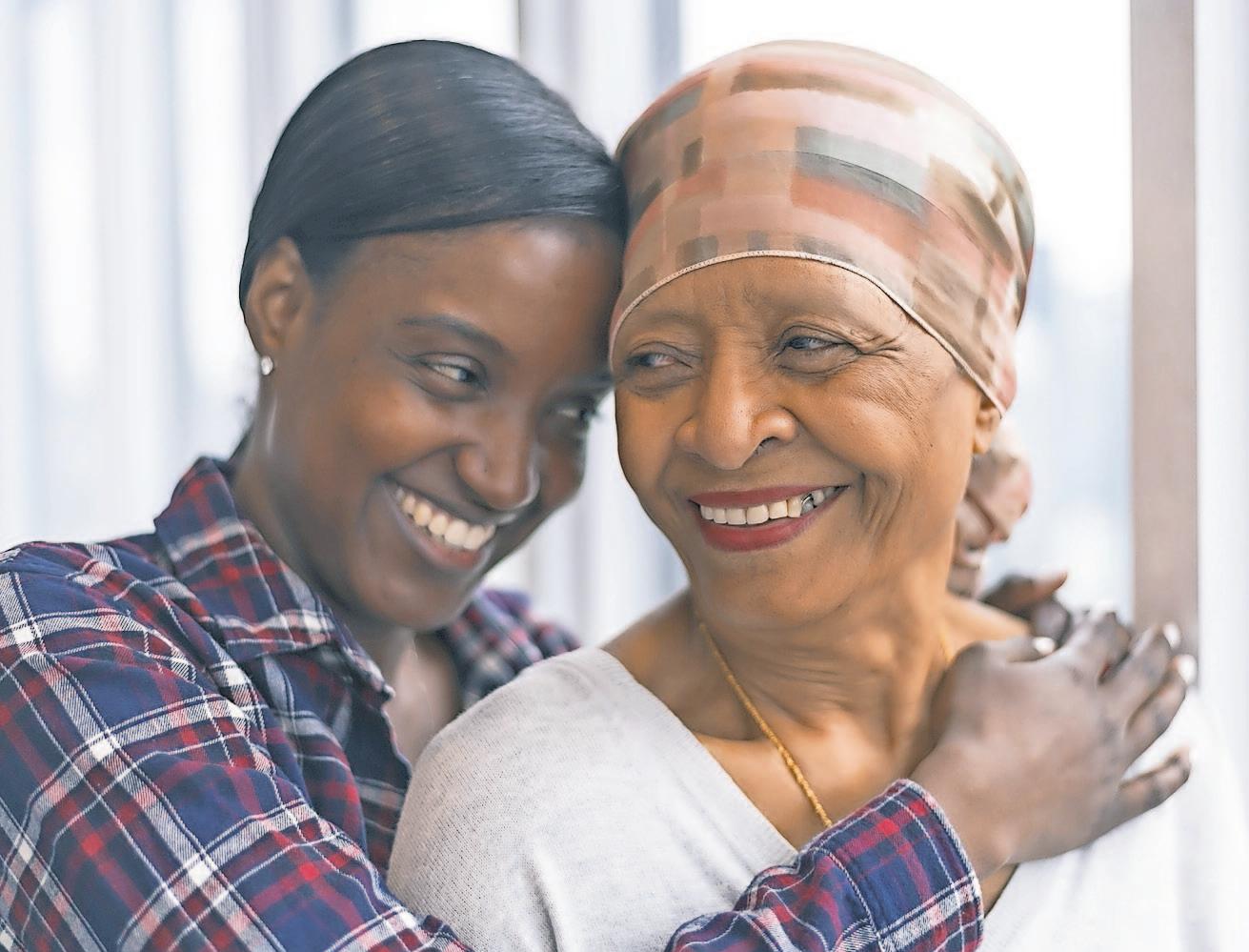
U.S. for Black men and women is higher for most chronic conditions.
Led by ACS researchers, Dr. Alpa Patel and Dr. Lauren McCullough, the study partners with communities of Black women and crossdisciplinary experts in Black women’s health to listen and better understand the unique, diverse lived experiences that may affect the
risk of developing or dying from cancer. Results will be used to improve the overall health of Black women for generations to come.
“VOICES of Black Women represents a crucial step towards achieving health equity in a population that is long overdue,” said Dr. Patel, co-principal investigator of the study and ACS senior vice president of population science.
“The data we’ve uncovered through previous population studies has been critical in reducing the unacceptably high burden of cancer, but that reduction has sadly not been equal. By centering Black women’s voices and experiences, we can dig deeper in uncovering the unique challenges and barriers contributing to cancer disparities and develop tailored interventions to mitigate them.”
Recruitment for the study began in October 2023 with a pilot launch in Atlanta, Ga. and Hampton Roads, Va. Eligible participants must identify as Black, be assigned female at birth or self-identify as women, not have a history of cancer (except basal or squamous skin cancer), and be between the ages of 25 and 55. Enrolled participants will provide informed consent and, over the span of 30 years, answer behavioral, environmental, and lived experience questions through periodic short surveys delivered via a secure online portal. No medication, clinical testing, treatment, or lifestyle changes are part of the study.
For more information, visit voices.cancer. org. The website provides all the criteria, and you can enroll online: https://studyportal.cancer.org/enroll/voices.
Above photo: ACS is recruiting 6,666 Black women from all over New York to participate in the study.



ADELPHI NY STATEWIDE BREAST CANCER SUPPORT & HOTLINE
More than 100 highly trained volunteers o er emotional support, information and referrals, all free. Social work sta provides professional services. Hotline as well as extensive support groups and counseling program, with educational forums and advocacy activities.
Adelphi NY Statewide Breast Cancer Support & Hotline 800-877-8077 516-877-4320 breast-cancer.adelphi.edu
SUSAN G. KOMEN FOR THE CURE
The Susan G. Komen Breast Cancer Foundation site provides updated cancer research and o ers practical breast health tips. The site also includes information about Race for the Cure. A helpline is available.
Susan G. Komen for the Cure 877 GO KOMEN (800-462-9273) ww5.komen.org
LIVING BEYOND BREAST CANCER
LBBC is a national nonpro t organization dedicated to empowering all women a ected by breast cancer to live as long as possible with the best quality of life. Programs and services include the helpline, conferences, teleconferences, networking programs, newsletters, publications and recordings.
Living Beyond Breast Cancer Survivors’ Helpline 888-753-5222 www.lbcc.org
BREAST CANCER HELP, INC.
Since its inception, Breast Cancer Help has taken a multlipronged approach to combating breast cancer on Long Island, according to the organization. Breast Cancer Help, Inc.
745-520-3075 breastcancerhelpinc.org
CANCER CARE, INC.
Provides support services (including on-line and on-site support groups), education, information, referrals and nancial assistance. A Long Island o ce is located in Woodbury. Cancer Care, Inc.
800-813-HOPE
516-364-8130 (Long Island) www.cancercare.org

LEAN ON ME
BREAST CANCER NETWORK INC.
Established to provide comprehensive resources to women for issues pertaining to breast health and disease. Programs and services are designed to assist patients and families to manage their diagnosis, treatment and recovery.
Lean on Me Breast Cancer Network Inc. 516-829-6609 www.leanonmebcn.com
MID NASSAU LEND A HELPING HAND, INC
LAHH provides customized services to breast cancer patients in hopes of relieving some of the stress and worry a cancer diagnosis and ensuing treatment creates. It addresses the needs of women in the Long Island communities of Carle Place, Garden City, Hempstead, East Meadow, Mineola, Westbury and Uniondale.
Mid Nassau Lend A Helping Hand, Inc. (LAHH) 888-420-1030
HEWLETT
Hewlett House, located in Hewlett, is a community learning resource center o ering many support programs, outreach, education, research, Reiki, Tai Chi, chair yoga, wig program, counseling, art center, music and pet therapy. All at no charge in a home enviornment.
Hewlett House 516-374-3190 hewlett-house.org
Co-pay relief program provides direct nancial support to insured patients, who must nancially and medically qualify to access pharmaceutical co-payment assistance. The Foundation also assists patients with medical debt crisis, insurance access issues and job retention.
Patient Advocate Foundation 866-512-3861 www.copays.org
Nonpro t organization that provides patients and professionals with information about prevention and treatment of this complication of lymph node surgery. Call the hotline for referrals. National Lymphedema Network 800-541-3259 www.lymphnet.org
A breast cancer diagnosis may set back your fitness routine, but it’s only temporary. Get back in shape! There are plenty of exercise options after breast cancer.
Many wonder if it’s safe to return to the exercise regimens they followed prior to being diagnosed. The answer is yes. Breast cancer survivors can benefit from exercise, but it’s important to prioritize safety when working out.
Those who have had breast cancer surgery may be at risk of lymphedema, a condition characterized by swelling of the soft tissues of the arm, hand, trunk, or breast. That swelling is sometimes accompanied by discomfort and numbness, and some people dealing with lymphedema also experience infection.
Keep in mind that some exercise may be especially risky for breast cancer survivors:
• Swimming laps using strokes with arm movements
• Activities that involve the usage of resistance bands
• Pull-ups and push-ups
• Certain yoga poses, including downwardfacing dog and inversions, that put ample weight on the arms
• Elliptical/cross-training machines
• Cross-country skiing
• Tennis
Be strong, be smart
While you might want to avoid certain types of exercise, it’s important to note that the American Cancer Society recommends exer-
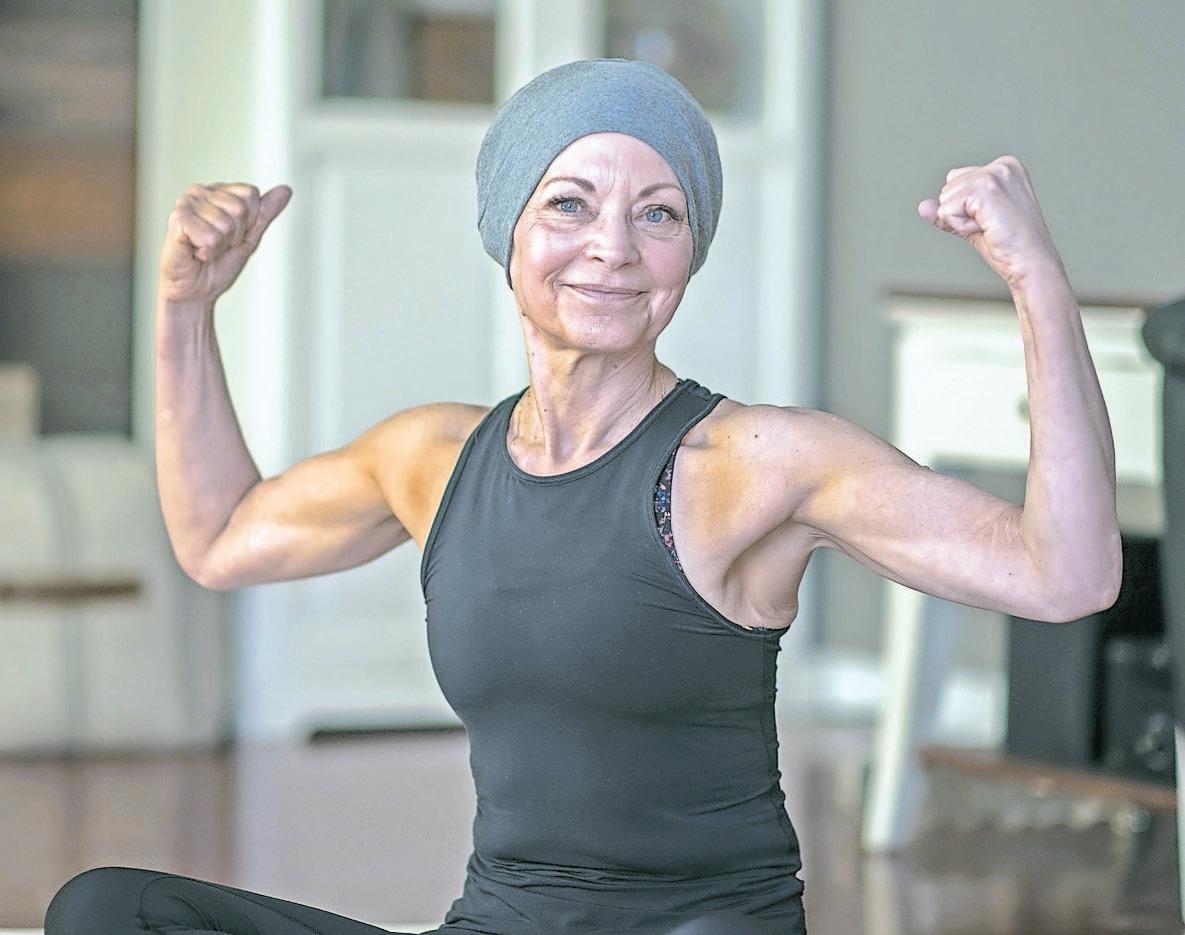
cise after breast cancer surgery. But exercise should be approached with safety in mind, and breast cancer survivors should heed the following tips to ensure their exercise regimens do not compromise their recovery.
Discuss exercise with your physician and surgeon. Before making exercise a part of your post-recovery routine, speak with your physi-
Your doctor and surgeon can tell you how you will be affected by medications you might be taking as part of your continued recovery. Take it slowly. If you were an exercise enthusiast prior to your diagnosis, you must recognize that returning to your pre-cancer
regimen may not be possible, or that it’s likely to take a while before you feel like your old self again. Take a gradual approach, allowing yourself to build strength and not expecting results to appear overnight.
Emphasize form. Coniider your form Its advisable to place an emphasis on form when exercising after surviving breast cancer. Many breast cancer survivors undergo surgery as part of their treatments, but even those who did not should still prioritize proper form when exercising, even if it means lifting substantially less weight than you might have prior to your diagnosis.
Don’t persist through pain. If you feel any pain upon returning to exercising, stop immediately and speak with your physician and surgeon prior to exercising again.
Rest between sessions. You likely won’t be able to exercise on successive days anytime soon, but build off days into your routine so you can rest and recover.
Above
The Queens-Long Island Renal Institute, Inc., offers the finest quality of care, state-of-the-art technology and uncompromised dignity, in a bright, ultra-modern setting.
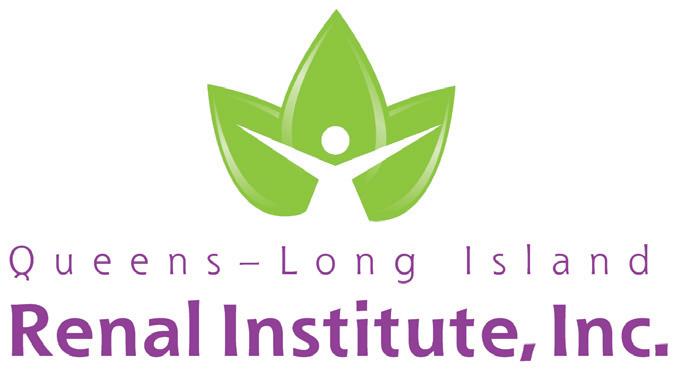
QLIRI provides:
• In-Center Chronic Hemodialysis
• Home Dialysis
• Ex perienced Nephrologists and Dialysis Registered Nurses
• Comfortable, State-of-the-Art, Private Treatment Stations
• Personal TV/DVD and Free Wireless Access
• Homelike Reception Area

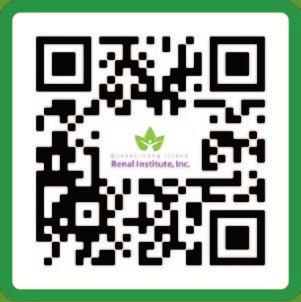
• Social Work Services
• Nutrition Counseling
• Individual and Family Health Education
• St retcher Capability
• Va let Parking and Medical Transportation Available
• Quality Start

Once you have learned you have breast cancer, choosing your medical team and treatment center is one of the most important decisions you will make.
It’s important to feel at ease with your doctor. How well you are able to talk with your doctor is a key part of getting the care that’s best for you.
It’s also important to discuss your concerns about how cancer will affect your life and the things you do. Never hold back information. Be honest about your habits even if you’re not proud of them, like smoking or drinking.
Taking an active role in your cancer treatment can help you get the best care from the team of doctors, nurses, and other health care providers taking care of you. Each person has skills that you may need. They can answer your questions, support you and your family, and help you find people and places near you that can give you more help.
How much do I want to know?
Deciding how much you want to know about the cancer and its treatment is the first step in being able to talk comfortably with your doctor.
You may want to discuss everything about the cancer. Some people feel more in control of what’s happening to them when they know all of the facts. They try to fully understand their cancer, their treatments, and what they can expect.
Maybe you just want small bits of information. Some people get upset when they are
given too many details at once. They feel overwhelmed by medical details and would rather leave most decisions to the doctor.
Don’t be afraid to tell your doctor how much or how little you want to learn.
Giving and getting information
Each doctor has his or her own way of helping patients learn about cancer and cancer treatment. Some doctors and patients are better listeners than others. That’s why the perfect doctor for one person may not be a good match for another.
Good communication is the key. Think about what you need and want from a doctor. Be sure to tell your doctor what you’d like from him or her.
Remembering what the doctor says
It’s hard to remember all of the things you’re told at each doctor’s visit, especially when you’re anxious or afraid.
Even if the doctor carefully explains things, you may not hear or remember all that’s said. Here are some ways to help you remember everything your doctor tells you.
Take notes on what your doctor says. Ask if you can record your talks. Also consider taking a family member or friend with you. They can help remind you of questions to ask and take notes for you.
Make sure you understand any instructions you’ve been given before you leave the office. If you have questions between doctor visits, write them down as they come up. Keep a

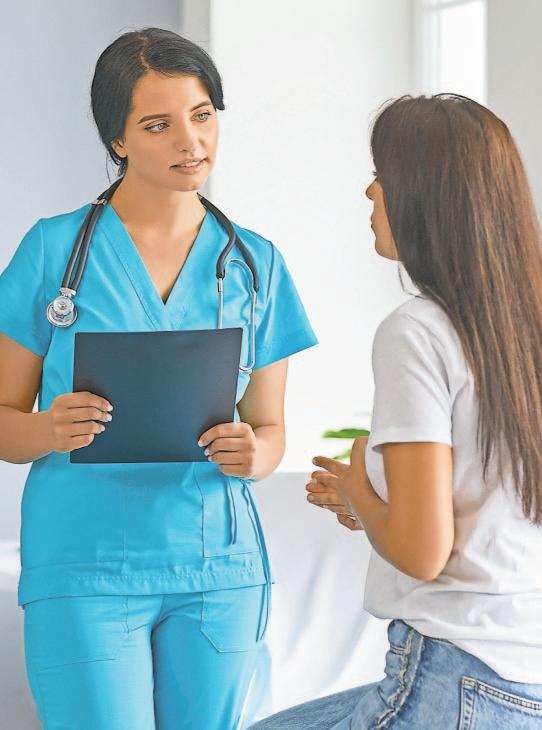
notebook to help you stay organized. Remember that other members of your cancer care team can answer many of your questions, too.
If you need more details after your doctor answers a question, say so. Sometimes it’s even helpful to ask the same question again in a different way. There’s nothing wrong with telling your doctor that you don’t understand. If you want to learn more about the cancer or your cancer treatment, ask your doctor to suggest some reading materials or trusted websites.
Obtain basic information
Don’t be ashamed or shy about asking questions. There’s no such thing as a “dumb” question. Here are some basic questions that could help you talk to your doctor and start
learning about cancer and the choices you’ll have to make.
√ What type of cancer do I have? (What is my diagnosis?) You may want to ask them to write it down for you.
√ What is my cancer’s stage? What does it mean for me?
√ What treatment do you recommend? And are there other choices?
√ What are the benefits of these treatments? What are the risks?
√ How soon do I need to start treatment?
√ How long will I need treatment?
√ What medicines will I get? What are they for?
√ How should I expect to feel during treatment?
√ What side effects, if any, can I expect to have?
√ What can be done about the side effects?
√ Can I work during treatment?
√ Will I be able to have children after treatment?
Other things you may want to ask about There are some other things you may want to talk with your doctor about.
Contact numbers: What’s the best time to call if I have a question? Some doctors have a special time to return calls. Many times a nurse can answer your questions, too.
Emergency contact numbers: Where do I call if I have a serious problem? What about after office hours, on holidays, or on weekends? Be sure you know how to get help any time you might need it. Ask your doctor what changes you should call about during office hours and which ones would need an emergency call during twhen the office is closed.
Above photo: Talking with your doctor isn’t always easy, but you can learn to do it.
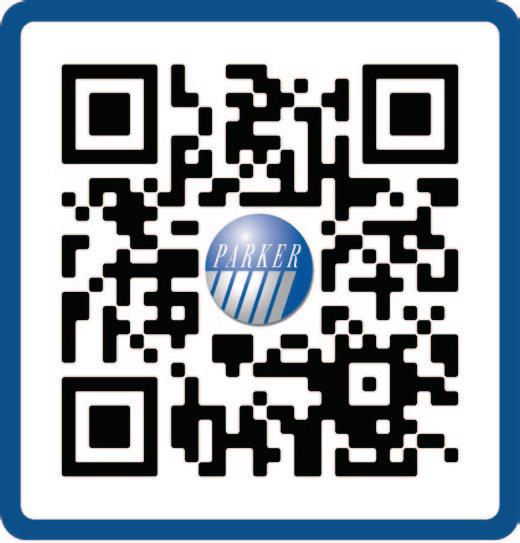
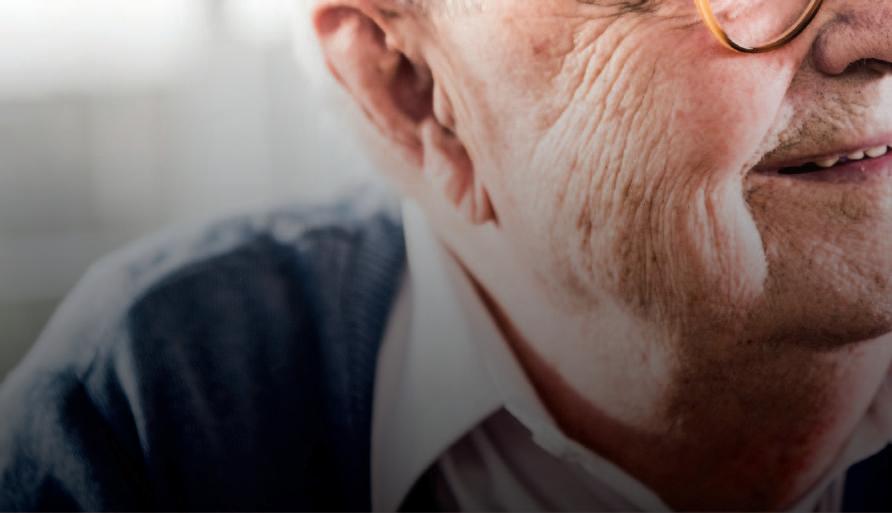


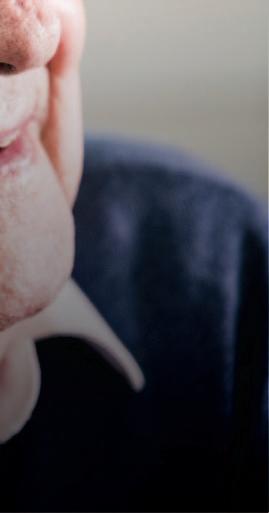
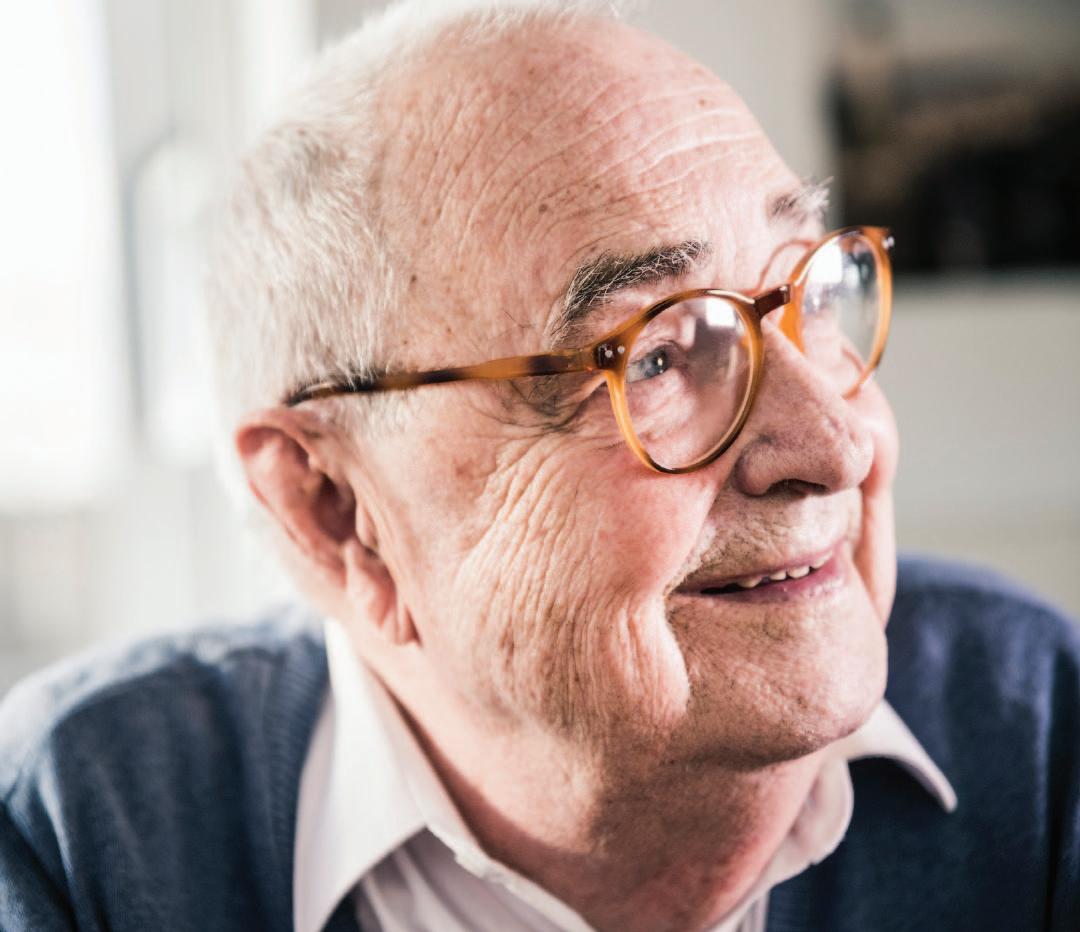
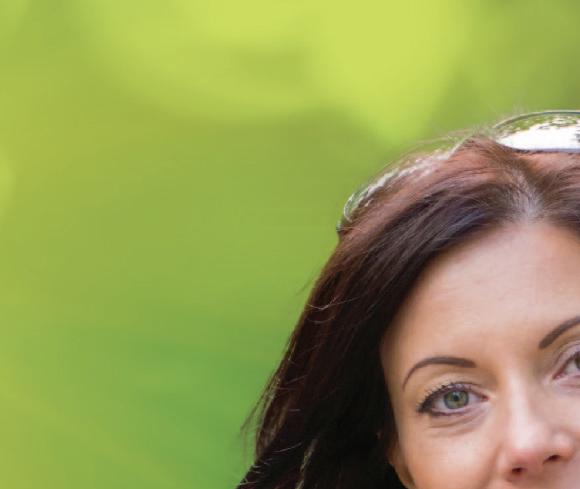








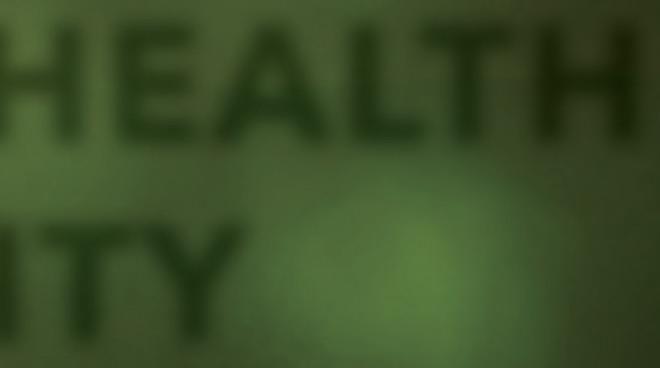








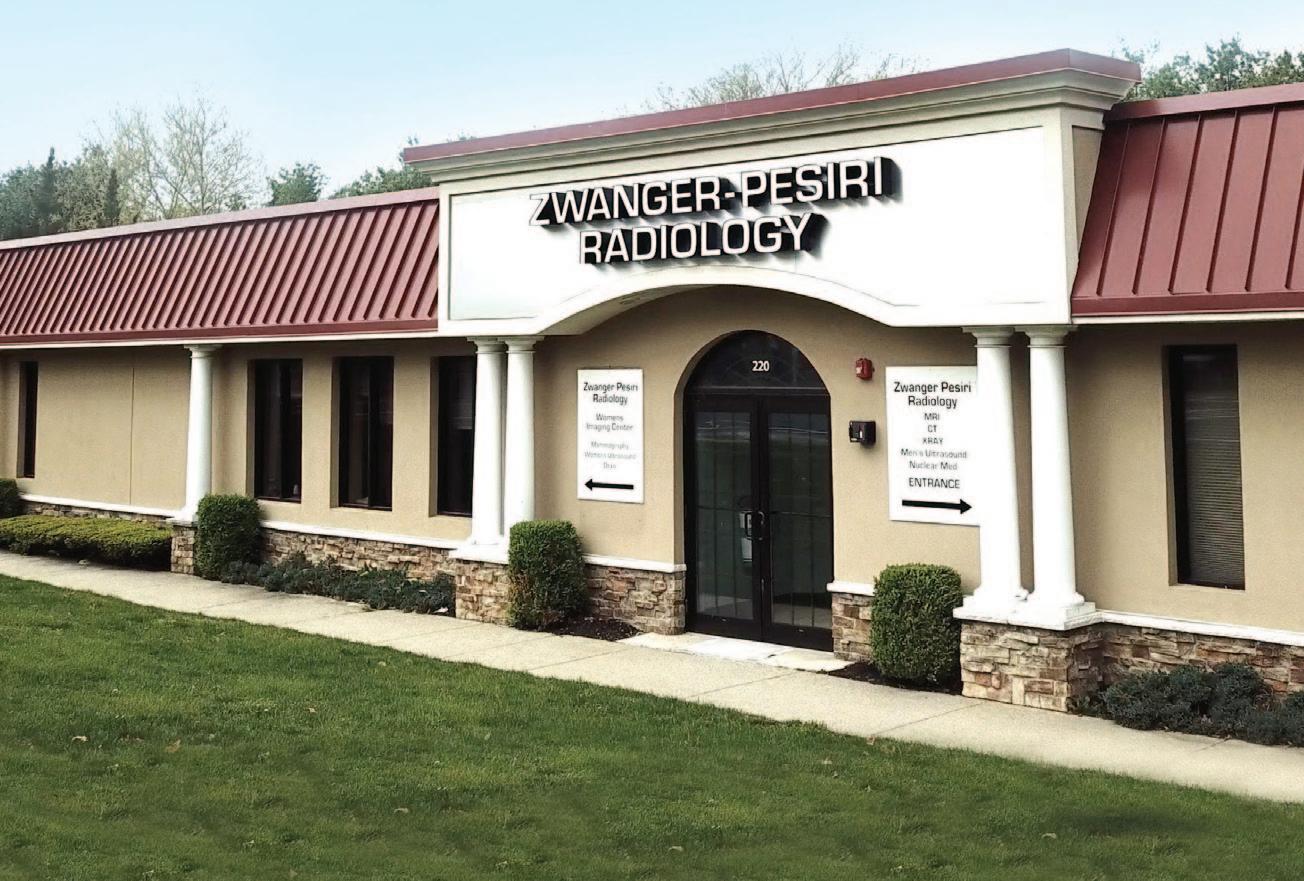




YOUR










lump in her right breast and was diagnosed with late-stage breast cancer. She had previously put o a biopsy after a mammogram in 2021 detected a suspicious mass, so she knew that this time she would need to act fast.






Tamar was referred to Dr. Christine Hodyl, Director of Breast Health Services at Mount Sinai South Nassau, who created a comprehensive treatment plan that included chemotherapy and breast-conserving lumpectomy surgery along with the removal of several lymph nodes. Her treatment ended with a month of radiation therapy sessions. Now cancer-free, Tamar urges women to get their annual mammograms.

































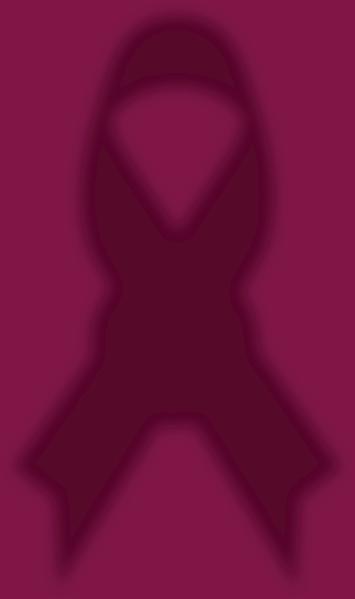

Mount Sinai South Nassau’s cancer program is accredited by the Commission on Cancer and the National Accreditation Program for Breast Centers, o ering patients a multidisciplinary approach to fight cancer without having to leave Long Island.
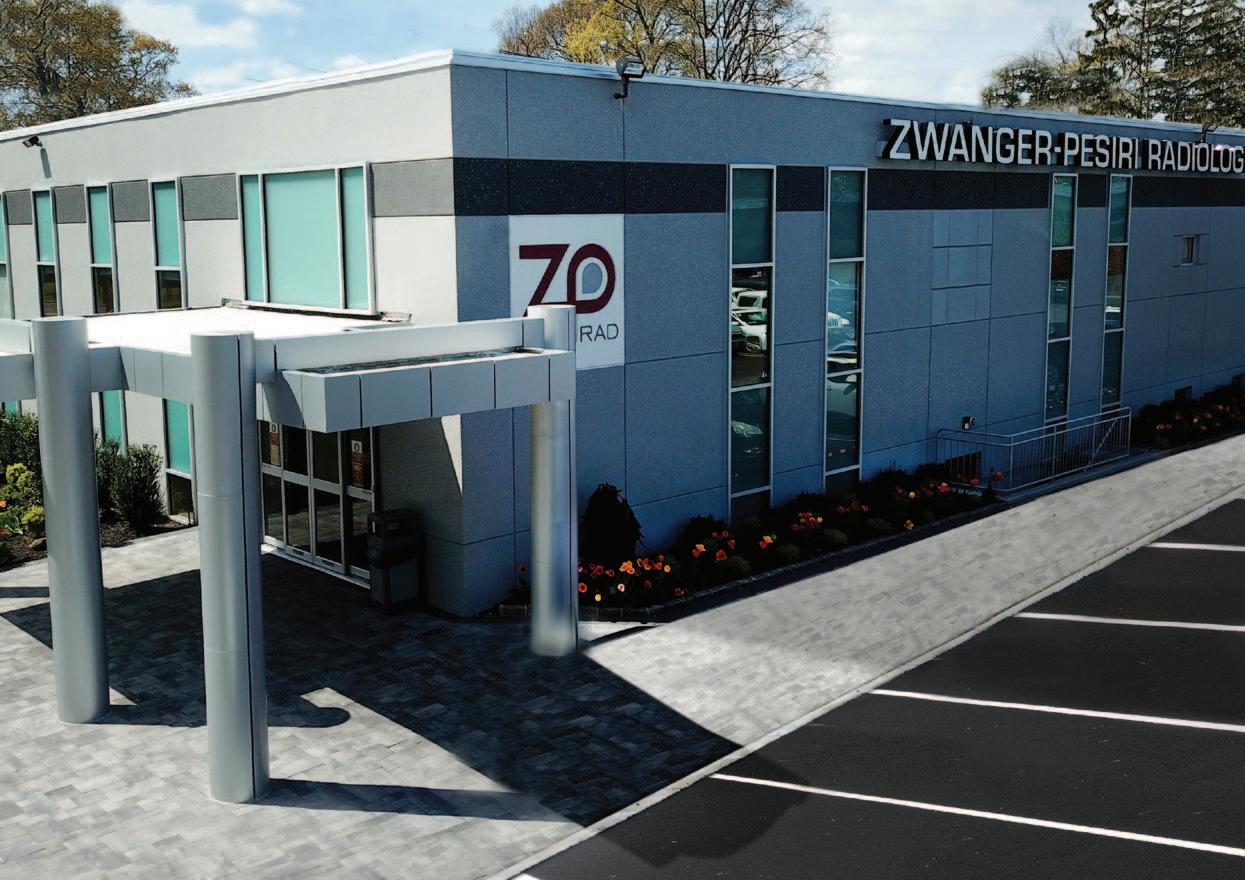



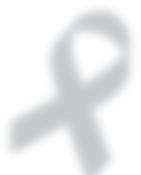



continued from page 6

SHARE: SUPPORT SERVICES FOR WOMEN WITH BREAST OR OVARIAN CANCER
O ers peer-led support to women with breast or ovarian cancer, their families and friends. Services include hotlines, support groups, wellness programs, educational forums and advocacy activities.
SHARE: Support Services for Women with Breast or Ovarian Cancer 866-891-2392 www.sharecancersupport.org
The American Cancer Society is a nationwide, community-based health organization dedicated to the ght against cancer. Free information on treatment, reconstruction, sexuality and relationships. O ers prevention, education, advocacy, emotional support and other services for all types of cancer and referrals for the ACSsponsored “Reach for Recovery” program. American Cancer Society 800-ACS-2345 www.cancer.org
Y-ME NATIONAL
BREAST CANCER ORGANIZATION
Provides support, counseling and information. Tips for talking with family and friends (including children). Partner Match program, a service for those supporting women through breast cancer, and a guide, When the Woman You Love Has Breast Cancer. Also Your Shoes, a 24/7 breast cancer peer support center.
Y-ME National Breast Cancer Organization
800-221-2141 www.y-me.org
LONG BEACH BREAST CANCER COALITION
This group’s mission is to promote awareness, advocate for increased funding for research into the causes of breast cancer, and for improved methods of detection and treatment; and assistance in securing access to screening, diagnosis, and treatment.
Long Beach Breast Cancer Coalition 516-943-3404 longbeachbcc.com
NUMC BREAST IMAGING CENTER
Screenings with no out-of-pocket expense for those in need. Also providers of Cancer Services Program, a comprehensive cancer-screening and counseling service where breast, cervical and colorectal screenings are regularly performed free of charge for women and men who qualify.
NUMC Breast Imaging Center 516-572-3300 www.numc.edu/our-services/diagnosticimaging/
ROCKVILLE CENTRE
BREAST CANCER COALITION
Education and advocacy of breast cancer research, providing support services to those in Rockville Centre and neighboring towns who have been diagnosed with breast cancer.
Rockville Centre Breast Cancer Coalition www.rvcbcc.org
The Breasties mission is to empower those a ected by breast and reproductive cancers by igniting strength and positivity through connection, free retreats, wellness activities, events and an all-inclusive resourceful online community. The hope is to spread the message that whatever you are going through — you are not alone.
The Breasties thebreasties.org
A WORLD OF PINK (AWOP)
This nonpro t is a health facility dedicated to providing comprehensive aftercare and education for all women who have chosen or due to health reasons undergo breast surgery.
A World of Pink (AWOP) 516-513-1275 • 631-364-9684 aworldofpink.com
CASTING FOR RECOVERY
Unique retreat program that combines breast cancer education and peer support with the therapeutic sport of y- shing, at no cost to participants.
Casting For Recovery 631-252-7195 www.castingforrecovery.org
MANHASSET WOMEN’S COALITION AGAINST BREAST CANCER (MWCABC)
Helps residents of Manhasset and nearby communities who are coping with breast cancer. Outreach Program provides information, emotional support, wellness retreats, gifts of hope, housecleaning, nancial assistance and transportation services.
Manhasset Women’s Coalition Against Breast Cancer (MWCABC) 516-627-2410 www.manhassetbreastcancer.org
Through a partnership with Support Connection, Pink Aid o ers a support hotline for breast cancer patients and survivors. Services o ered include ongoing emotional support and navigational support to help in nding resources. The hotline is open Monday to Friday yearround.
Pink Aid 1-800-532-4290 www.pinkaid.org


Provides information on all aspects of cancer and on clinical trials. National Cancer Institute 800-4-CANCER www.cancer.gov
House cleaner service at no charge, each person with cancer receives one general house cleaning per month for two consecutive months. Note from doctor needed.
Cleaning For A Reason 877-337-3348 www.cleaningforareason.org
MAURER FOUNDATION FOR BREAST HEALTH EDUCATION
Educational breast health programming focusing on breast cancer prevention, healthy lifestyle choices, early detection and risk reduction. Presentations o ered at no charge for high schools, colleges, community groups and businesses.
Maurer Foundation For Breast Health Education 631-524-5151 www.maurerfoundation.org
Provides emergency aid for individuals who need support due to their breast cancer diagnosis. Funds are o ered to help pay for non-medical, household expenses. Pink Purse www.pinkaid.org/pa/pink-aid-pink-purse
CURE MOMMY’S BREAST CANCER
Financial assistance, moral support, and educational information to those in need of nancial assistance while su ering the burdens of breast cancer as well as other forms of cancer. Assistance with insurance premiums, rent, utility bills, home cleaning services, and transportation costs to special schools for sick children.
Cure Mommy’s Breast Cancer 516-967-1148 www.curemommy.org
MERCY MEDICAL CENTER BREAST CANCER SURVIVORSHIP PROGRAM
Free mammograms, ultrasounds, molecular breast imaging and biopsies to quali ed medically underserved and uninsured residents of Nassau and Su olk County.
Mercy Medical Center Breast Cancer Survivorship Program 516-705-1399 mercymedicalcenter.chsli.org

Dedicated to addressing the concerns and issues unique to young women with breast cancer.
Young Survival Coalition 877-YSC-1011 www.youngsurvival.org
Network that provides free support services to breast cancer patients and their families, including education, wellness seminars, group support and annual retreat. Patient care packages include information kits, necessity bags, wigs, and post-surgical bras and ttings.
Lean On Me Breast Cancer Network 516-829-6609 leanonmeny@gmail.com www.leanonmeny.org
The Five Wishes refers to a comprehensive approach that discusses advanced directives with individuals and families.
The Five Wishes o ers legal documents, support resources for patients and professionals, and links to pertinent information that social workers often use with individuals dealing with a lifethreatening illness.
The Five Wishes 850-681-2010 info@ vewishes.org www. vewishes.org
Rocking the Road for a Cure Inc., is a community-based non-pro t organization founded to provide free educational and homebound wellness programs, case management, counseling, recreational therapy and other support services for women and men going through the diagnosis and treatment of breast cancer.
Rocking The Road For A Cure 516-417-1911 rockingtheroadforacure@gmail.com https://rockingtheroadforacure.org
A national organization of cancer survivors dedicated to addressing the unique concerns of young Jewish women facing breast cancer. It also provides culturally sensitive support to young Jewish women who are newly diagnosed with breast cancer as well as to those facing the risk of developing breast cancer, and o ers related resources for Jewish communities and health care organizations.
Sharsheret 866-474-2774 info@sharsheret.org www.sharsheret.org




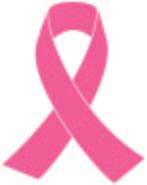
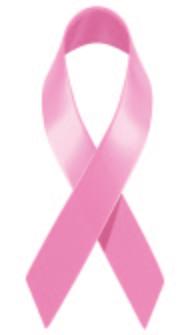



East Rockaway Road, Hewlett, NY 11557 516.374.3190 • www.Hewlett-House.org



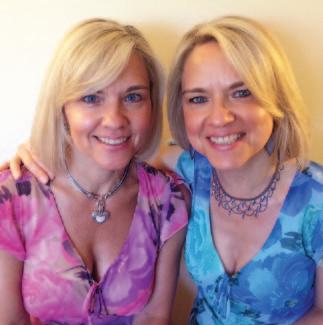
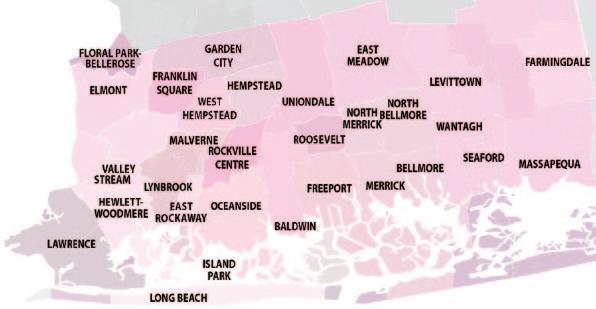

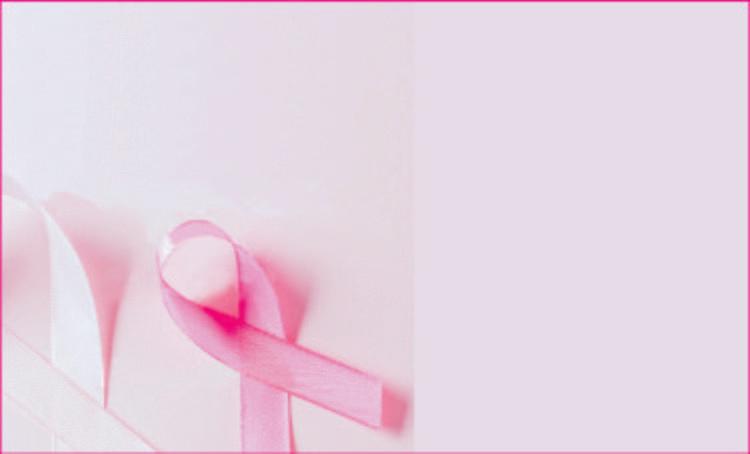





At the Parker Jewish Institute for Health Care and Rehabilitation, adaptive pickleball is back in session. The Parker Jewish Institute has re-opened its 26-by-30-foot outdoor pickleball court, on its patio level, for patients and residents.
This popular activity is modified by Parker’s recreational leaders to help participants have fun while achieving their physical- and occupational-therapy goals. An easy sport for beginners to learn, pickleball also promotes social interaction.
As the fastest-growing sport in America, pickleball offers older adults a host of benefits. This includes both functional and cognitive-related improvements, as well as a reduction in self-reported pain.
On Parker’s pickleball court, participants must wear appropriate footwear, for safety. Parker’s recreational leaders begin each session with simple movement and stretching, followed by an explanation of rules and goals. During the warm-up, participants get ample opportunity to practice with equipment, whether it’s swinging a paddle or practicing serves.
Parker’s Director of Therapeutic Recreation works with patients and residents
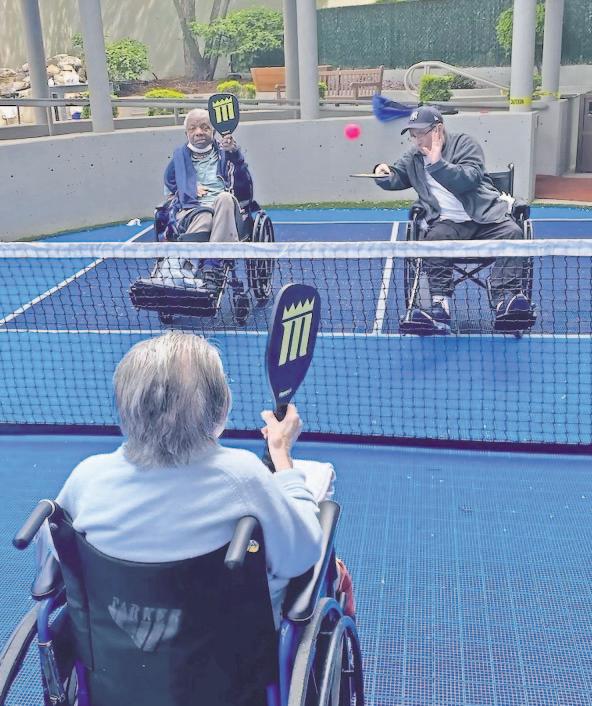
who want to schedule court-time. In this adaptive version of the sport, participants are escorted to the court and seated, and for those in wheelchairs, the chair is locked as a safety measure. Recreational staff stand ready on either side of the nets, providing safety reminders and helping to keep the ball in play. Staff members offer hydration during play, and follow each participant’s plan of care.
“We are thrilled to re-open Parker’s
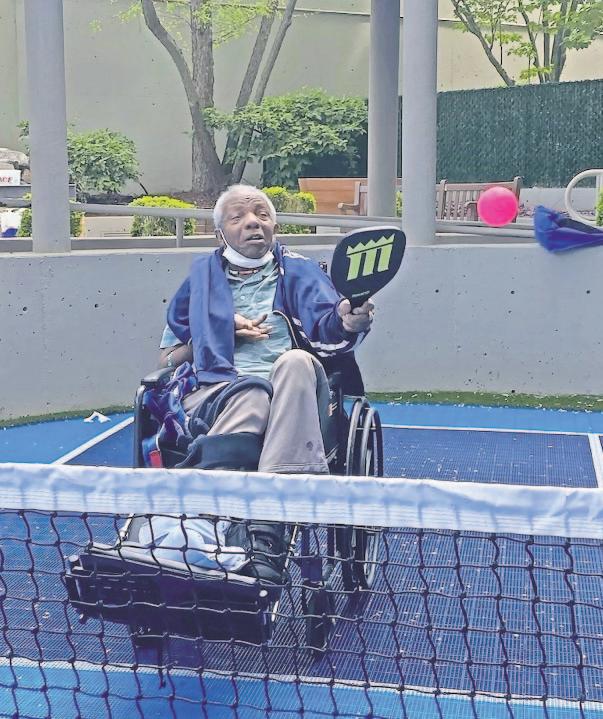
pickleball court and offer another season of healthy, outdoor fun for our residents and patients,” said Michael N. Rosenblut, president and CEO of Parker Jewish Institute.
“Our residents and patients enjoy spending time in the fresh air, together. And by playing adaptive pickleball, they are also building strength, endurance and range of motion. At Parker, people look forward to their sessions, while also improving their overall wellbeing,”
Parker Jewish Institute • (718) 289-2212 • lscacco@parkerinstitute.org
Health memos are supplied by advertisers and are not written by the Herald editorial staff.
About The Parker Jewish Institute for Health Care and Rehabilitation
The Parker Jewish Institute for Health Care and Rehabilitation is headquartered in New Hyde Park, New York. The facility is a leading provider of Short-Term Rehabilitation and Long-Term Care. At the forefront of innovation in patient-centered health care and technology, the Institute is a leader in teaching and geriatric research. Parker Jewish Institute features its own medical team, and is nationally renowned as a skilled nursing facility, as well as a provider of community-based health care, encompassing Home Health Care, Medical House Calls, Palliative Care and Hospice. Parker Jewish Institute is also home to Queens-Long Island Renal Institute (QLIRI), led by an interdisciplinary team of experienced Nephrologists and Dialysis Registered Nurses, a Renal Social Worker, and a Registered Renal Dietitian.
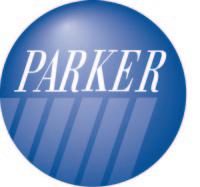

Queens-Long Island Renal Institute (QLIRI), located at The Parker Jewish Institute, now offers a state-of-the-art Home Hemodialysis Program. Those patients who also require Certified Home Health Care can access it conveniently through QLIRI’s affiliate, Parker Jewish Institute. QLIRI’s Home Hemodialysis Program allows patients to transition from an in-center setting to receiving hemodialysis from the comfort of their home, using the Tablo Hemodialysis System. Enrolled patients are first trained by a registered nurse. The nurse provides step-by-step guidance four days a week over the course of four weeks, or longer if necessary. Through training, patients learn to use the system before transitioning to home hemodialysis.
If needed, patients of Parker’s Certified Home Health Care Agency receive individualized nursing, medical, and
rehabilitation services, so they can maintain maximum independence in the comfort of their homes. Home-care services can include skilled-nursing care; physical, occupational and speech therapy; home-health aides; medical social services; medical supplies; and 24-hour telephone availability. Call with questions! 718-289-2600. To learn more about QLIRI’s Home Hemodialysis Program, visit qliri.org. For more on Parker’s Certified Home Health Care, visit parkerinstitute.org.
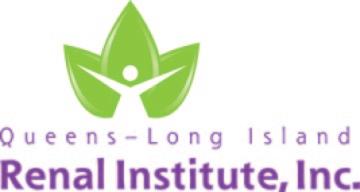
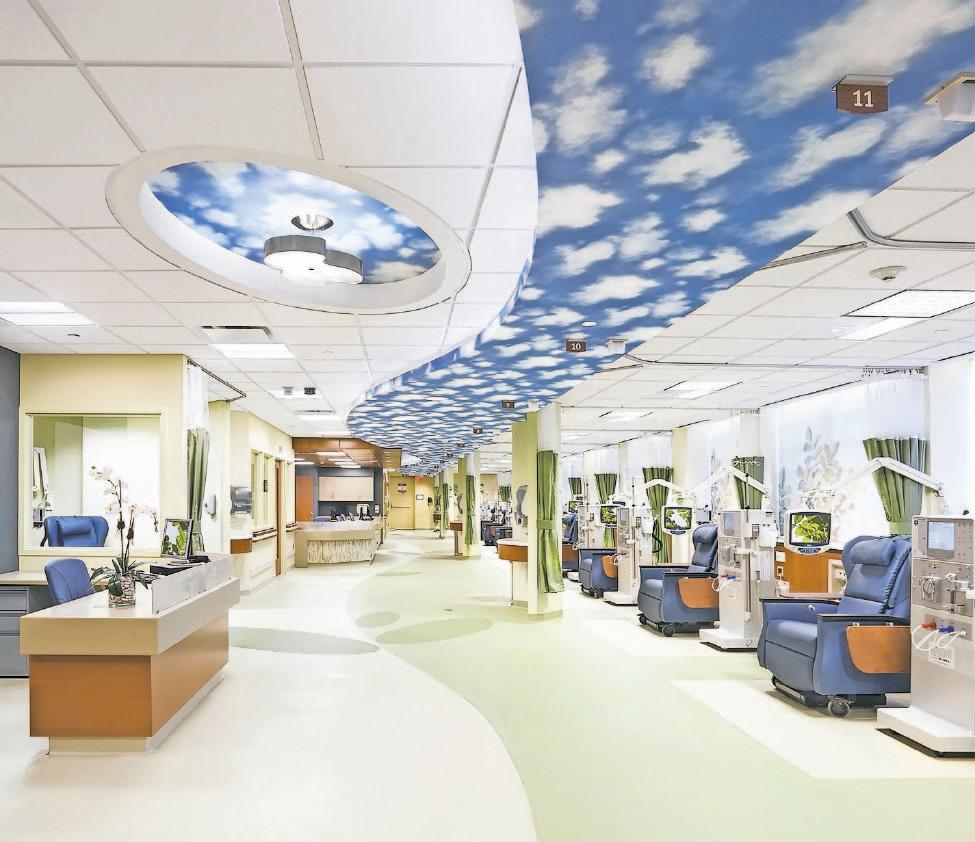
Zwanger-Pesiri Radiology has long been committed to serving the health needs of Long Island, offering top-tier diagnostic imaging services to the community. For over 70 years, they have built a reputation for excellence by combining state-of-the-art technology with compassionate patient care. Their focus on patient-centered service and accurate imaging helps ensure each individual receives the best possible care. With multiple locations throughout Long Island, Zwanger-Pesiri continues to make advanced radiology accessible, reinforcing their unwavering dedication to the community’s health and well-being.
One of the hallmarks of Zwanger-Pesiri is their constant investment in the newest advancements in radiology. They are committed to using cutting-edge equipment and hiring the best radiologists to interpret imaging studies with expert precision. By staying ahead of technological advancements, Zwanger-Pesiri ensures that their patients benefit from the highest-quality images and most accurate diagnoses, leading to better treatment outcomes. Their board-certified radiologists are highly experienced in subspecialties, ensuring that each study is read by an expert in the specific type of imaging required.
Among the advanced services Zwanger-Pesiri offers is Dynamic Digital Radiology X-ray, an innovative tool that allows real-time imaging of joints in motion. This technology provides a more comprehensive view of joint function, enabling doctors to better diagnose conditions such as arthritis, ligament injuries, or other musculoskeletal issues. By viewing joints in motion, physicians can gain a deeper understanding of how certain conditions affect
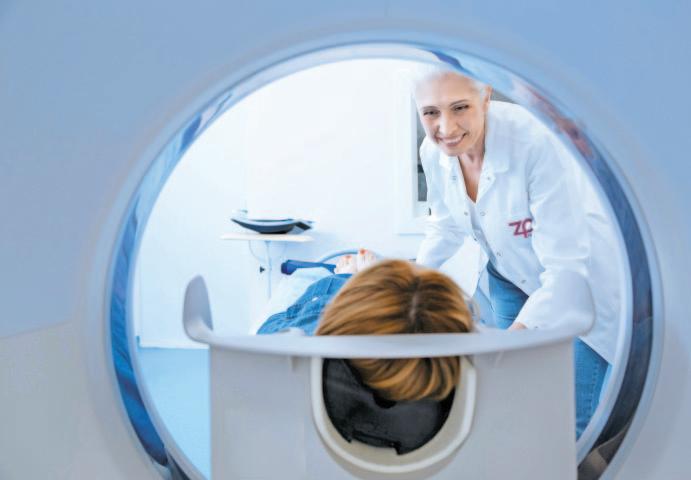
movement, leading to more targeted treatments.
Zwanger-Pesiri also offers Bone Suppression X-ray, a specialized imaging technique that enhances the clarity of lung images by suppressing the bony structures in the chest. This technology makes it easier for radiologists to detect lung abnormalities without the distortion that can occur from ribs and other bones. Bone Suppression X-ray can be particularly helpful in detecting subtle lung nodules or other pathologies that might otherwise be obscured, allowing for earlier and more accurate diagnoses of lung conditions.
In addition to their advanced X-ray services, Zwanger-Pesiri provides specialized MRI exams, including IV sedation for patients who experience anxiety or discomfort during the
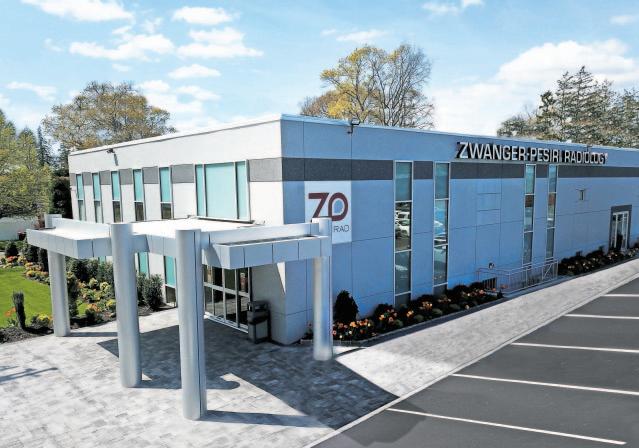
procedure. Their specialized Pacemaker MRI department ensures that even patients with pacemakers or defibrillators can safely undergo MRI imaging, which traditionally poses challenges for individuals with such devices. These offerings demonstrate Zwanger-Pesiri’s commitment to providing accessible and comfortable care to all patients, regardless of their unique medical needs. Through these specialized services, they continue to set the standard for radiology on Long Island.
To make an appointment or for more information, call (516) 798-4242 or visit zprad.com.
625 Rockaway Turnpike, Lawrence NY 11559 • (516) 798-4242 • zprad.com
Health memos are supplied by advertisers and are not written by the Herald editorial staff.
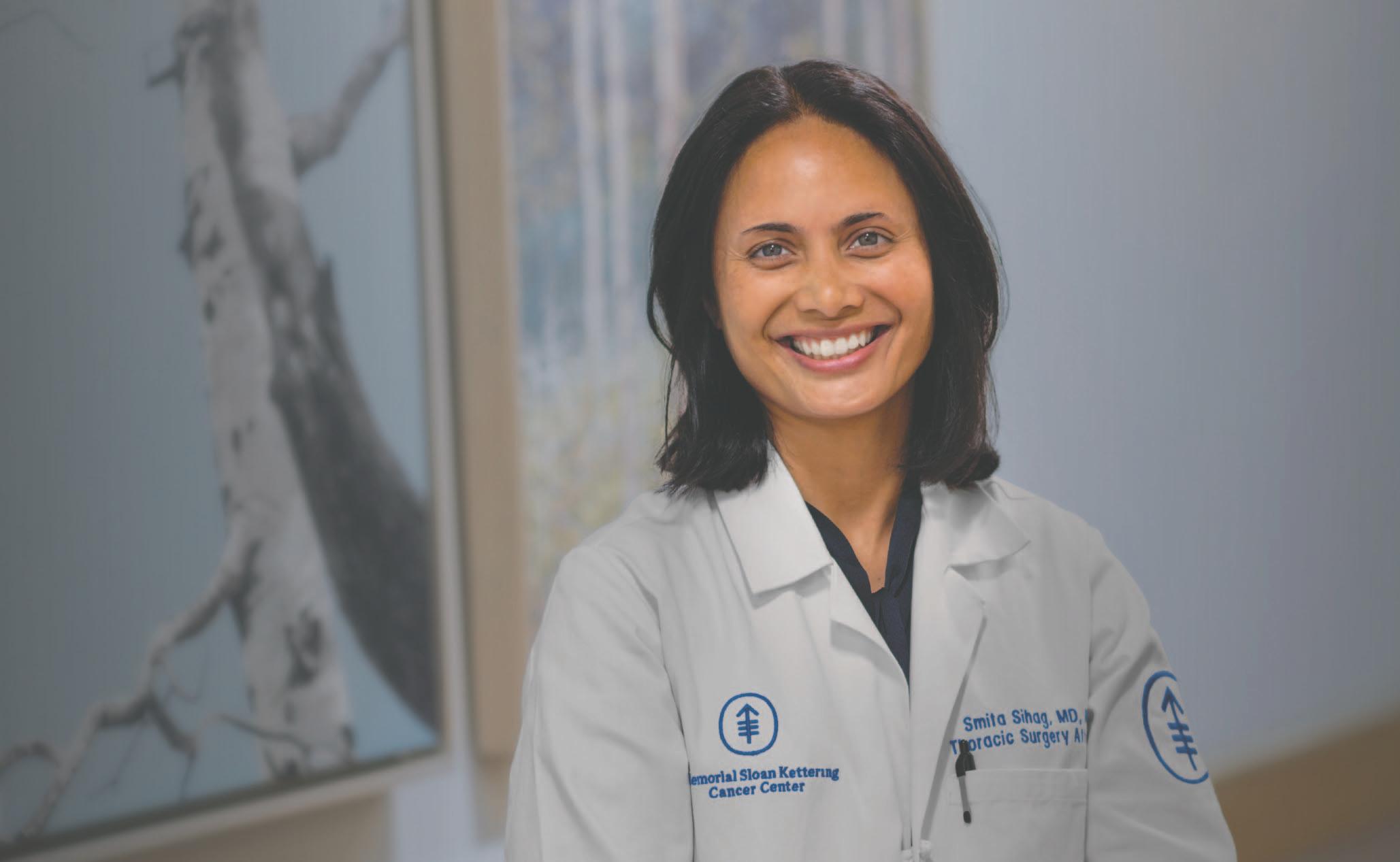
What does it take to get care at the best cancer center in the Northeast, right on Long Island?
Memorial Sloan Kettering Cancer Center specializes in over 400 types of cancer, including the most important one: yours. Our compassionate specialists are here for you in Uniondale, Commack, and Hauppauge.
Go to MSK.org/LongIslandCare or call 844-482-1838 to reach a cancer expert today. Because where you’re treated first matters.
Park Avenue Extended Care Facility has been selected by the prestigious magazine Newsweek as one of the Best Nursing Homes 2025 in the United States. Over 14,858 nursing homes were analyzed (including 606 in New York State alone), and out of the 1050 selected by Newsweek as America’s Best, Park Avenue ranked 43. The top nursing homes in each state were assessed and ranked based on performance data, recommendations of medical professionals, accreditations, and resident satisfaction.
The entire team is so proud to receive this significant and special recognition, attributing this award to several factors. First and foremost, Park Avenue has outstanding leadership under direction of Administrator Vicky Shaw. In addition, Park Avenue has an exemplary staff of coworkers from departments of Admissions, Nursing, Physical Therapy, Social Work, Dietary, and Recreation. Park Avenue’s credo is built on the foundation of a cohesive team with respect for one another’s work ethic, emphasis on collaborative teamwork and dedication to
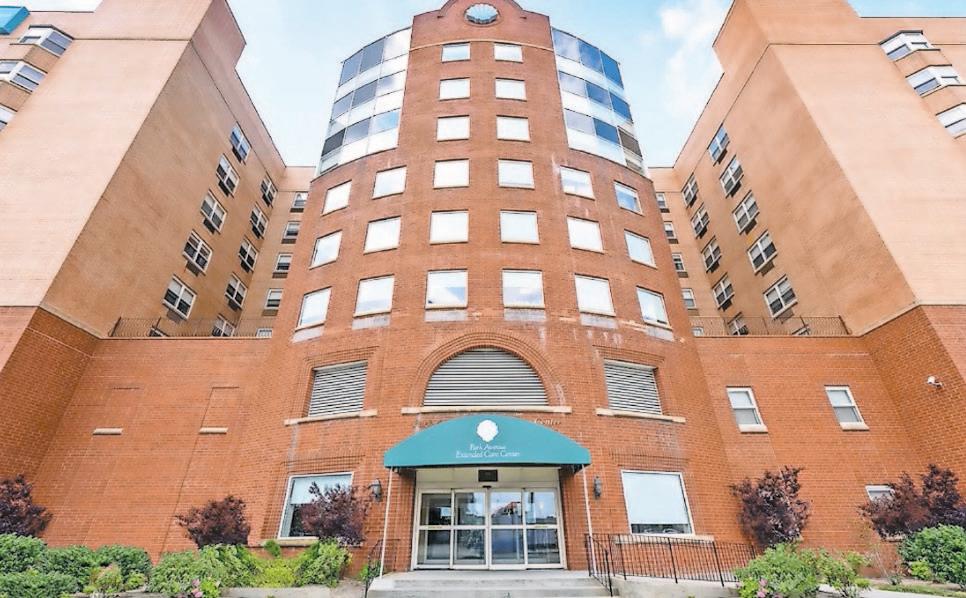
patient advocacy.
The 240-bed skilled nursing facility is centrally located in the heart of Long Beach, with views of the ocean and bay and in walking distance to the Long Island Railroad. The immaculate, warm and inviting environment features a fully enclosed outdoor patio, beauty salon, and concierge to welcome and meet with families. Park Avenue has numerous
programs available for its residents. These include HBOT (hyperbaric oxygen therapy) and Wound Care, Neuro/Stroke Recovery, Secure Dementia Unit, Diabetic Program, Pulmonary Program with full-time Respiratory Therapist on site, along with our Spanish speaking unit, “La Comunidad.” The facility is also the proud recipient of the Eli Pick Award, only 7% of skilled nursing facilities qualify
Health memos are supplied by advertisers and are not written by the Herald editorial staff.
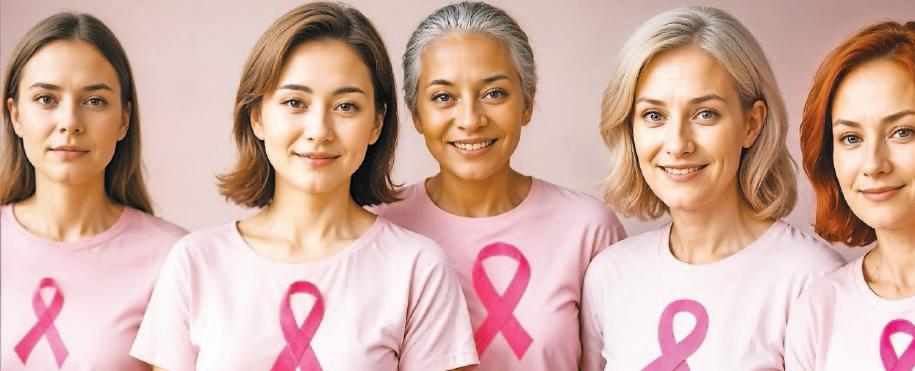
For over four decades now, October has been the month that is devoted to educating and bringing awareness to breast cancer and sharing the importance of early detection and access to high-quality care. Did you know that 1 in 8 women are diagnosed with breast cancer in their lifetime? That amounts to one person every two minutes in the United States.
According to breastcancer.org:
• In 2022 in the United States, it’s estimated that 43,780 people — 43,250 women and 530 men — are going to die from breast cancer.
• According to the CDC, about 9% of all new cases of breast cancer in the U.S. are found in women younger than 45; breast cancer risk increases as women get older.
Black women are less likely to be diagnosed with breast cancer than white women but are 41% more likely to die from the disease.
• About 170,000 people in the United States are living with metastatic breast cancer. Early signs of breast cancer can include breast pain or a lump in the breast. However, many people are asymptomatic and that is why mammograms are crucial. Late signs of breast cancer consist of new lumps in the breast or underarm area, changes in the size or shape of your breast, rashes or redness on the breasts, and fluid leaking from the nipples. When it comes to breast cancer, it is crucial that you know your risk (including family history), schedule your mammograms regularly starting at age 40, know what is normal for you and what is not, and make healthy lifestyle choices.
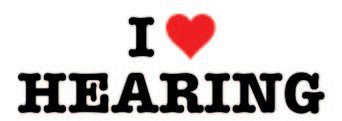
nationwide. Park Avenue is also a preferred provider to Mount Sinai South Nassau.
Nurses are friendly and welcoming, therapists are patient and encouraging, and each dynamic team member has a positive demeanor. This creates a cheerful, energetic atmosphere that is conducive to healing and restoration.
To ensure that residents have the best possible experience, the full-time Concierge Department is available to go above and beyond to assure all residents and families feel comfortable.
Tours of the facility are always welcome; please call to reserve time that works for you.

425 National Blvd. Long Beach (516) 431-2600 Ext. 3018, 3019
After 30 years in practice as a Clinical Hypnotherapist, Terry Biener still believes that the key to using hypnosis as a helpful tool — often referred to as Hypnotherapy — is knowing what to say, how to say it, and which techniques to use. Each person processes information differently. So, origins of habits, fears, and other challenges vary greatly. Sessions are private, tailored to the person’s lifestyle, personality, triggers, and sometimes, the past.
In March 2020, everything changed. As her clientele canceled appointments, Biener abruptly shut down her practice. Uncertainty prevailed. Months passed, and it was apparent that safe distancing and masks would continue indefinitely. Since her work entailed up-close communication, and talking through a mask was a muffled no-go, reinvention was necessary. She used her time to research, take online courses and even attend virtual hypnotherapy conferences, worldwide. Embracing online technology was clearly a solution. After all, many health providers and therapists were going virtual.
While most clients lived locally, distance is no longer an issue. By summer of 2020, Biener was offering Zoom hypnotherapy sessions, allowing extra time to help people find the most effective environment, both physically and technologically.
“I was skeptical at first,” she admits, having worked in person for so long. “But once I retrained, I realized that online sessions were not only successful, but many people prefer it. Scheduling was always a challenge. Now a person can set aside an hour of their time rather than three, and they can contact me from anywhere. I recently helped a former client with test anxiety, while he
attended college, out of state.”
Having had phobias and panic attacks herself, which were ultimately eliminated with hypnosis, Biener chose fears and trauma as her niche. By combining Neuro-Linguistic Programming (NLP) techniques with hypnosis, she reduces unwanted, and sometimes devastating anxiety. Since the pandemic, new concerns have surfaced — healthrelated fears, life’s uncertainties, grief, procrastination, weight gain, sleep issues, etc.
“Ignore what you’ve seen in movies; that’s entertainment. A hypnotic trance is a natural state we visit frequently — daydreaming, reading, playing a video game. A hypnotist induces this type of trance to “reframe” the subconscious mind, which rules how we respond. A good subject is strong-willed, intelligent and creative. The person being hypnotized never loses control.”
A thorough intake session is done first. The number of hypnosis sessions recommended varies. Motivation and willingness to work on a conscious level are important. Trust and a good rapport with the hypnotist are important.
Formerly a New York City teacher, Biener is certified though the American Board of Hypnotherapy and the National Guild of Hypnotists. She has done speaking engagements for local organizations and wellness centers. Call for a free phone consultation or visit the website.
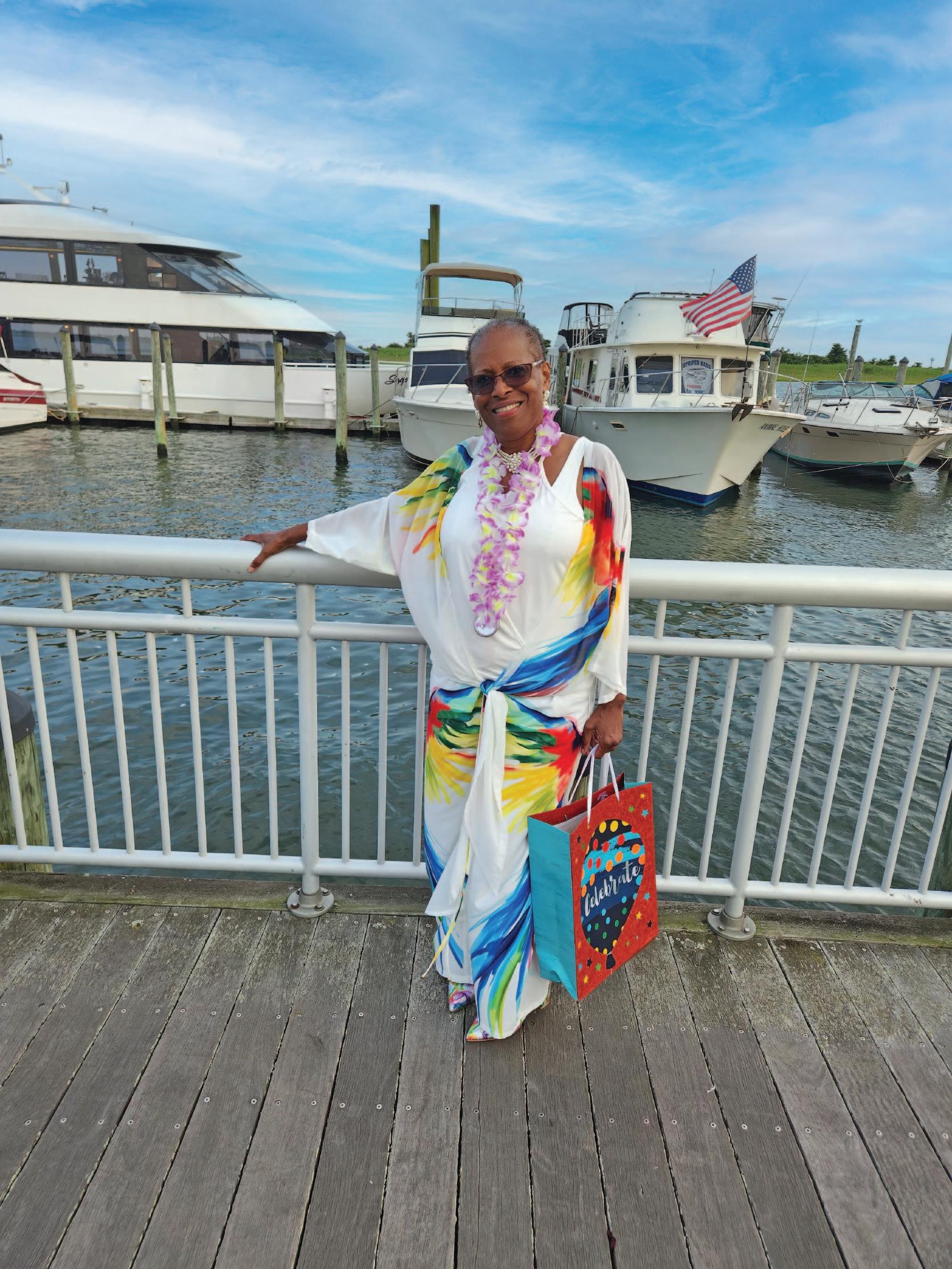
In October 2022, Tamar Lemoine of Valley Stream felt a lump in her right breast and was diagnosed with late-stage breast cancer. She had previously put o a biopsy after a mammogram in 2021 detected a suspicious mass, so she knew that this time she would need to act fast.
Tamar was referred to Dr. Christine Hodyl, Director of Breast Health Services at Mount Sinai South Nassau, who created a comprehensive treatment plan that included chemotherapy and breast-conserving lumpectomy surgery along with the removal of several lymph nodes. Her treatment ended with a month of radiation therapy sessions. Now cancer-free, Tamar urges women to get their annual mammograms.
Mount Sinai South Nassau’s cancer program is accredited by the Commission on Cancer and the National Accreditation Program for Breast Centers, o ering patients a multidisciplinary approach to fight cancer without having to leave Long Island.